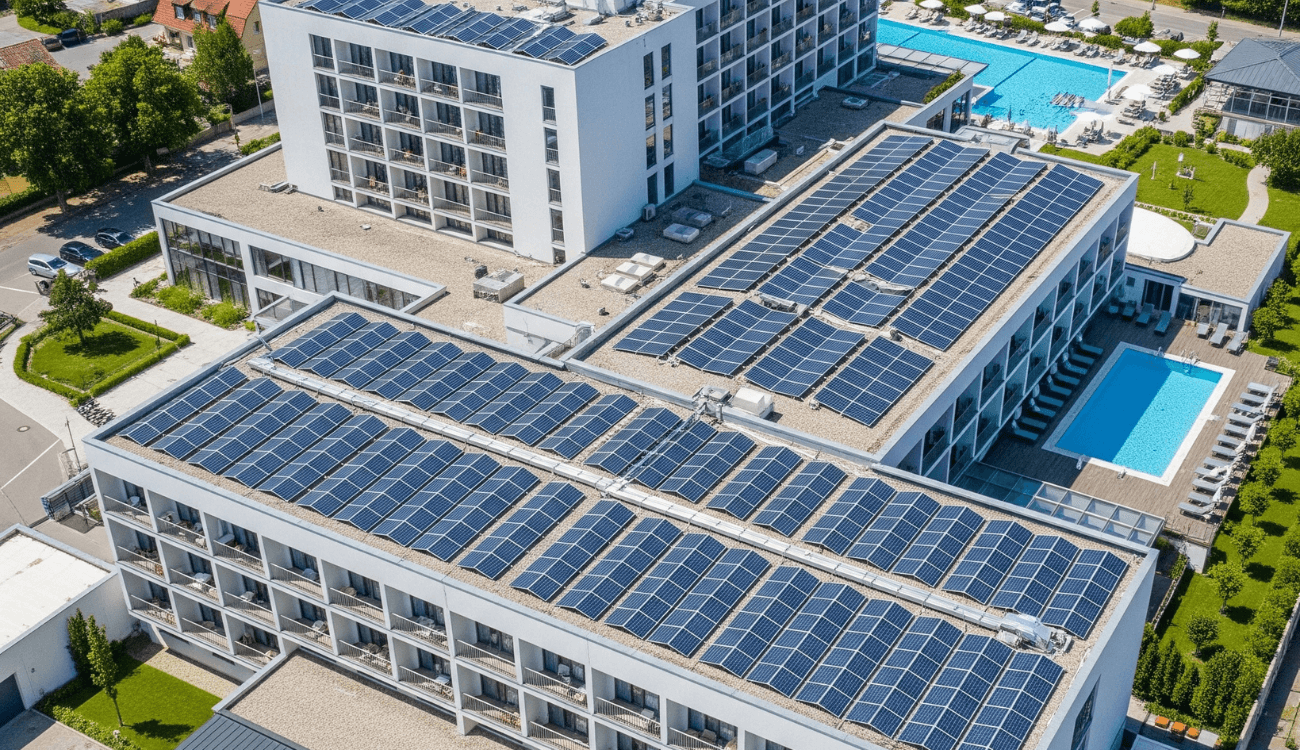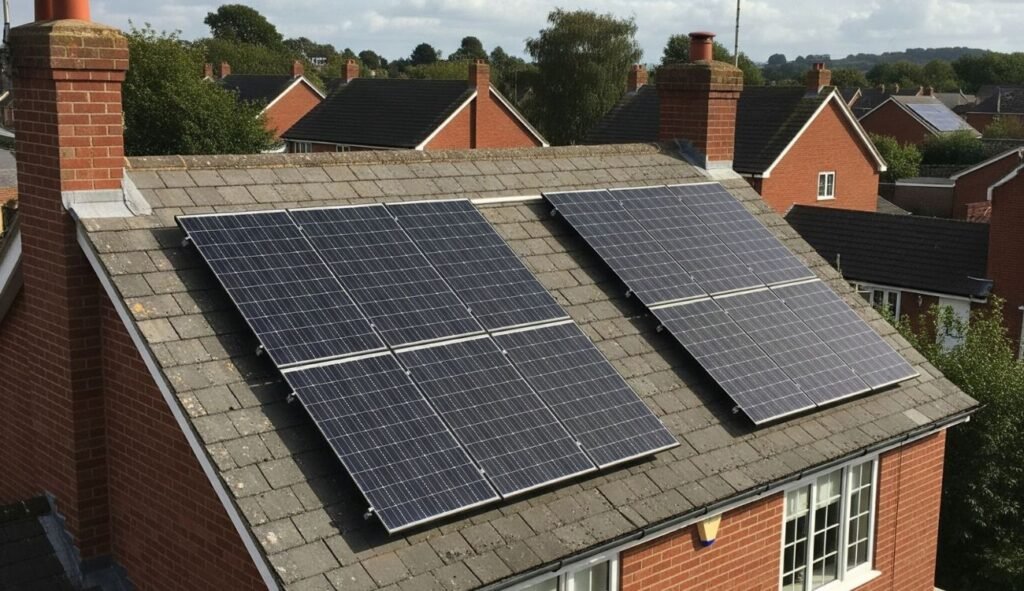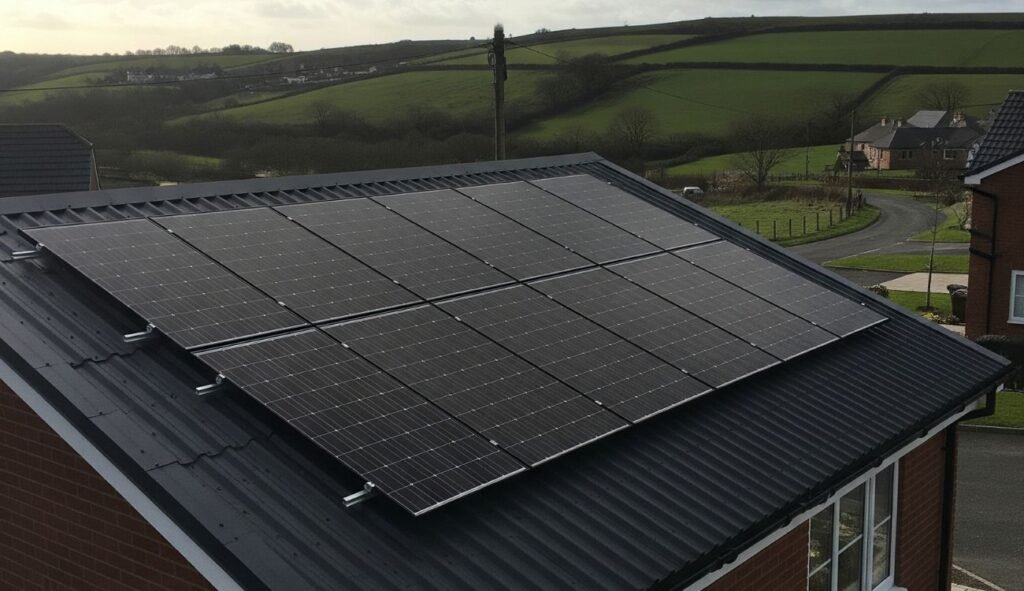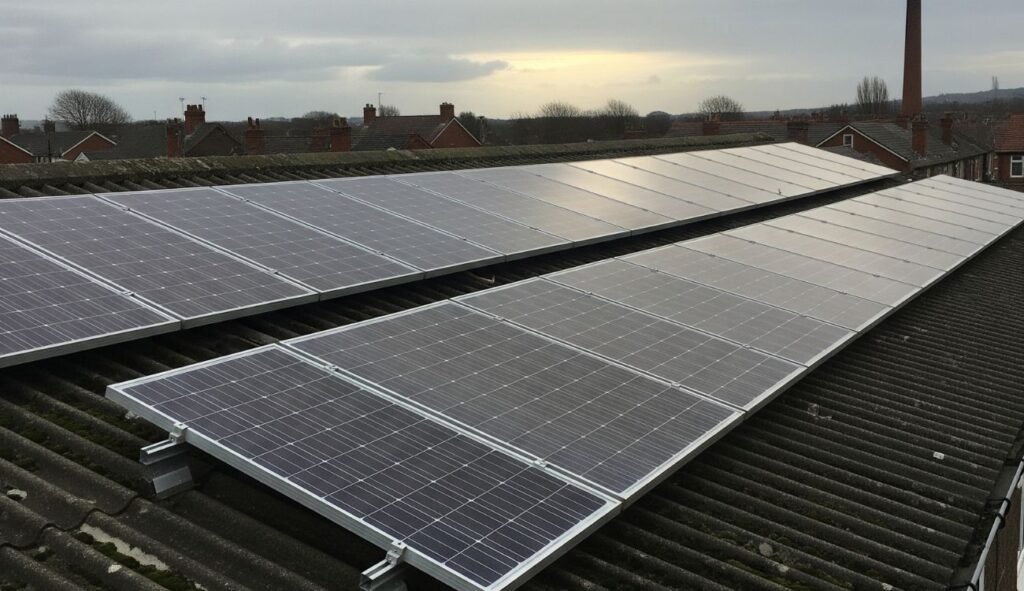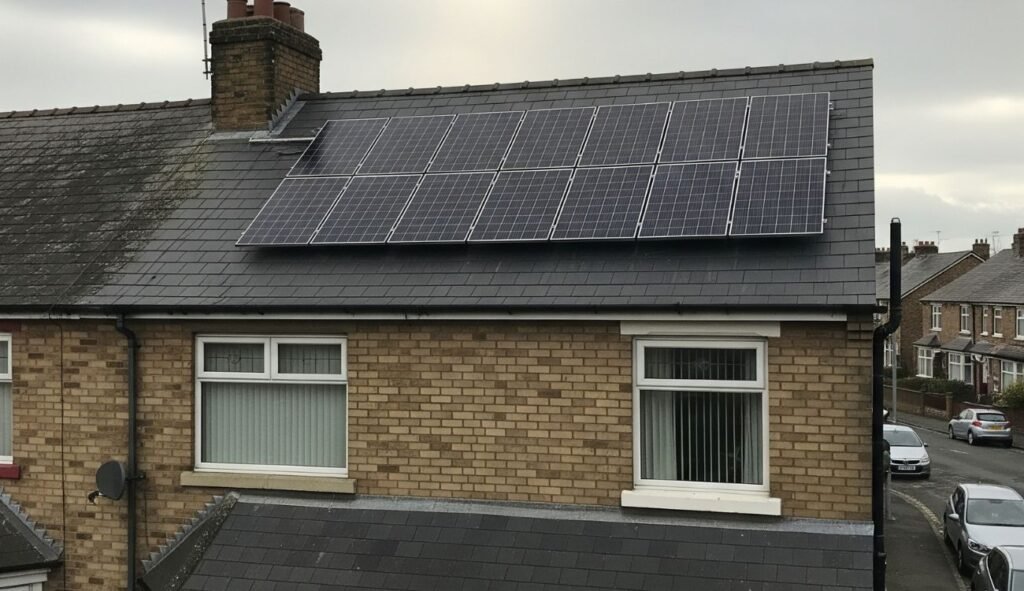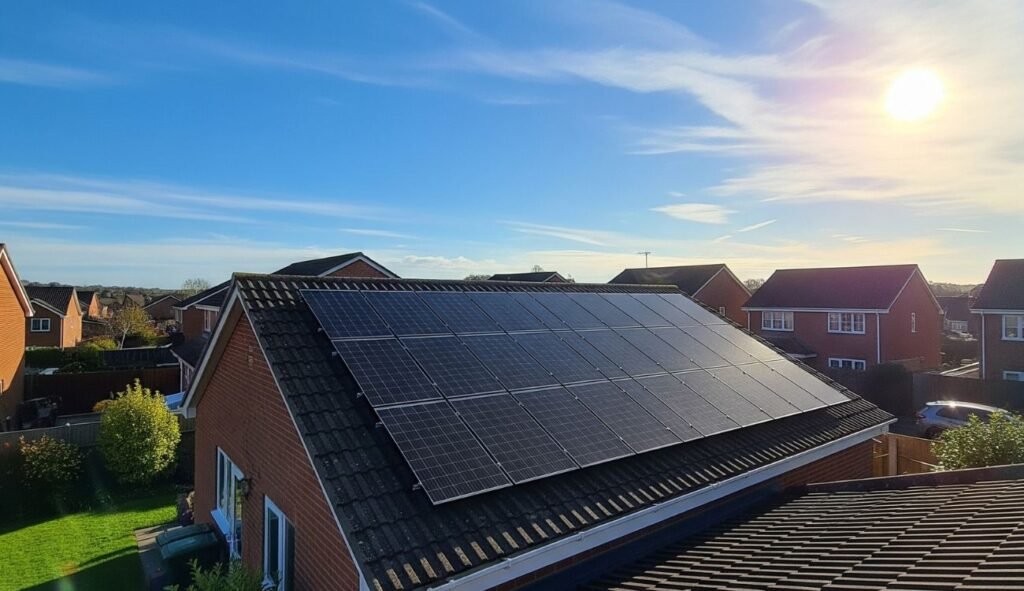As the UK hospitality sector faces growing pressure to reduce carbon emissions and operational costs, solar energy is becoming an increasingly attractive solution.
With the rising cost of electricity and an urgent push for sustainability, many hotel owners are now asking: Can you run a hotel on solar power?
In this comprehensive guide, we’ll explore whether it’s feasible to power a hotel entirely with solar panels, what it costs, the benefits, the available UK government incentives, and the long-term ROI.
Can a Hotel in the UK Realistically Operate Entirely on Solar Power?
Yes, but with important caveats. While running a hotel entirely on solar power is technically achievable, it largely depends on:
- The size and energy consumption of the hotel
- Available roof or ground space for solar panels
- System size, battery storage, and grid connectivity
- Energy-saving measures already in place (e.g., LED lighting, smart heating)
According to the Carbon Trust, UK hotels use an average of 394 kWh per square metre annually, significantly more than office buildings or schools.
However, solar PV systems can offset a substantial portion of this consumption, especially with high-efficiency panels and battery storage.
Example: A medium-sized hotel with 50 rooms might require a 100 kWp system to meet most of its daytime energy needs. When combined with battery storage and smart energy management, this can drastically reduce reliance on the grid.
What Are the Benefits of Running a Hotel on Solar Power?
Switching to solar can bring both financial and environmental benefits for hotel operators in the UK:
Cost Savings
- Electricity bill reductions of up to 70% are possible, especially during peak solar generation months (April–September).
- Long-term ROI: The average commercial solar system pays for itself in 5–7 years, and lasts 25+ years.
Environmental Impact
- A 100 kWp system can offset around 25–30 tonnes of CO₂ annually.
- Supports compliance with ESG (Environmental, Social, and Governance) requirements and net-zero targets.
Brand Reputation
- Sustainability boosts consumer trust—76% of travellers prefer hotels that implement green practices (Statista, 2023).
- Solar installations can be a USP (unique selling proposition) in marketing.
What Government Incentives Are Available for Solar Panels in the UK?
UK hotel owners can take advantage of several grants and schemes to make the switch more affordable:
Smart Export Guarantee (SEG)
Under the Smart Export Guarantee, you can sell unused solar electricity back to the grid. This provides passive income and improves system payback time.
Capital Allowances for Businesses
Solar panels qualify for Annual Investment Allowance (AIA) and potentially Full Expensing allowing businesses to deduct 100% of the cost from taxable profits.
ECO4 and Local Authority Delivery (LAD)
While ECO4 is largely for domestic properties, mixed-use or small B&B-type accommodations may be eligible depending on location and income thresholds.
How Much Roof Space Do You Need for a Hotel Solar System?
As a rule of thumb, each kW of solar PV requires roughly 6–8m² of space. For a 100 kWp system, expect to need around 600–800m² of usable, unshaded roof or adjacent ground.
Flat roofs or unused parking areas with solar canopies are often ideal. Solar panel mounting options exist for all roof types, including tiles, metal sheeting, and flat commercial systems.
If you’re unsure about your property’s solar suitability, it’s worth booking a free on-site assessment. Request your personalised solar quote from Future Heat here and get expert advice specific to your location and property type.
How Long Does It Take to Recoup the Cost of Solar for a Hotel?
The payback period depends on system size, energy usage, and available grants. For most UK hotels:
- Initial cost for a 100 kWp system: ~£90,000–£110,000 (including batteries)
- Annual savings: ~£12,000–£18,000 on electricity bills
- Payback period: 5–7 years, depending on SEG earnings and tax incentives
After that, it’s nearly free electricity for 15–20+ years—a significant competitive advantage in a high-cost energy market.
Are There Any Downsides or Challenges?
While the benefits are compelling, it’s important to consider:
- Upfront investment – mitigated by incentives and financing
- Planning permissions – usually not needed for commercial rooftops, but listed or heritage properties may require approval
- Maintenance – low but necessary; panels require cleaning and annual inspection
Frequently Asked Questions (FAQs)
Yes, but A/C is a major energy draw. Pairing solar with battery storage and smart HVAC controls helps manage peak load and keep systems efficient.
Not always. Hotels with daytime operations can use solar directly, but batteries are crucial for evening and night-time usage, especially if aiming for high self-sufficiency.
TAbsolutely. Solar PV systems are modular. You can start with a smaller array and scale up as demand grows or budgets allow.
Yes. Commercial solar PV systems can be tailored with load balancing, monitoring software, and even EV charging for guests. These systems are scalable and custom-designed for hospitality settings.
Generally, VAT is charged at the standard rate for commercial properties, but consult your accountant regarding potential capital allowances and corporate tax deductions. More info at HMRC VAT guidance.
Our Verdict
So, can you run a hotel on solar power? In many cases, yes and doing so can significantly reduce operating costs, lower carbon emissions, and enhance your reputation as an eco-conscious business.
With generous government incentives, tax benefits, and long-term savings, investing in solar is more than a green decision, it’s a smart one.
Jamie Maguire is Managing Director at Future Heat Ltd, the UK-based renewable energy company specialising in heat pumps, solar panels and energy-efficient boiler solutions. He leads the company’s strategic vision to decarbonise homes and businesses across the UK by delivering innovative, sustainable heating and power systems. Jamie is passionate about shaping the future of energy, supporting communities and empowering teams of skilled engineers to deliver lasting value and carbon reductions nationwide.

